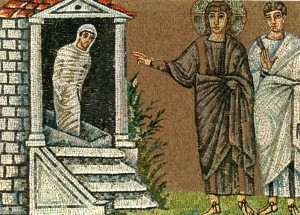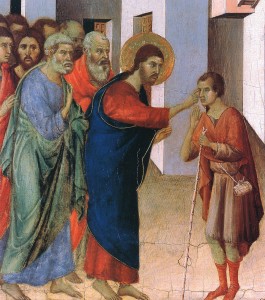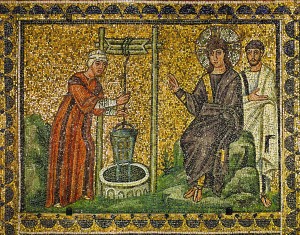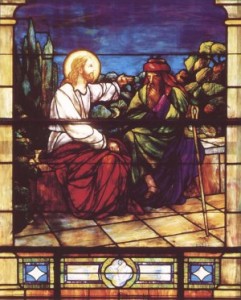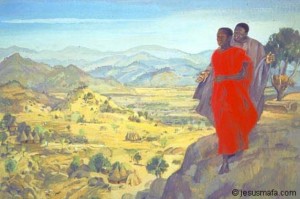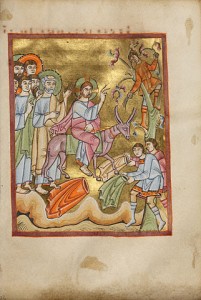Thoughts on Today’s Lessons for Feb. 18, 2015
First Reading: Isaiah 58:1-12it is Ash Wednesday, the first day of Lent, a season set aside for acts of devotion and sacrifice as we reflect on the wrongs that we have done and on the simple truth that we will not live forever. Our readings begin with the Prophet Isaiah, who reminds us that public demonstrations of fasting and prayer, sackcloth and ashes are not enough to please God. We should show our righteousness instead in service and love of neighbor. As Jesus would later teach, God calls us to oppose injustice: free the oppressed, feed the hungry, house the homeless, and clothe the naked.
Psalm: Psalm 103:8-14
God, who made us from dust, knows well that we are but dust. We are human: broken and sinful, often wicked. Yet God’s compassion and God’s mercy are far greater than God’s anger. God does not punish us as we might fear that our sins deserve, but rather shows mercy wider than the world itself, forgiving our sins and welcoming us in a parent’s warm embrace.
Second Reading: 2 Corinthians 5:20b-6:10
Paul devotes a lot of energy in his less familiar second letter to the Corinthians to trying to work out an apparent quarrel with the people of this contentious little church. Here he speaks of reconciliation, enumerating the many pains he has endured as a servant of God, and calling on the people to accept God’s grace and work together in Christ, who reconciled us with God by taking human form and dying for us.
Gospel: Matthew 6:1-6,16-21
It is hard to imagine a more appropriate reading for Ash Wednesday than Matthew’s account of Jesus. midway in the Sermon on the Mount, teaching us how best to practice almsgiving, prayer, fasting, and self-denial of worldly pleasures. All of these have become traditional Lenten practices. Simply put, in words that might remind us of today’s Isaiah reading, we are advised to practice humble piety. Shun hypocrisy. Don’t show off. Keep our charity, our prayers and our fasting private. Don’t brag about our fasting. Don’t hoard fragile, transient earthly riches, but store in heaven the treasures that last.



